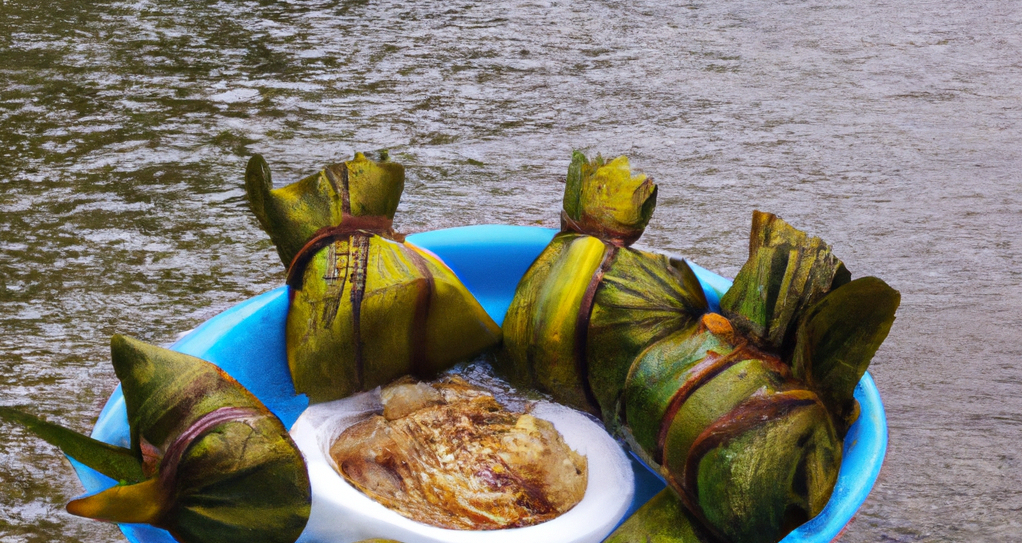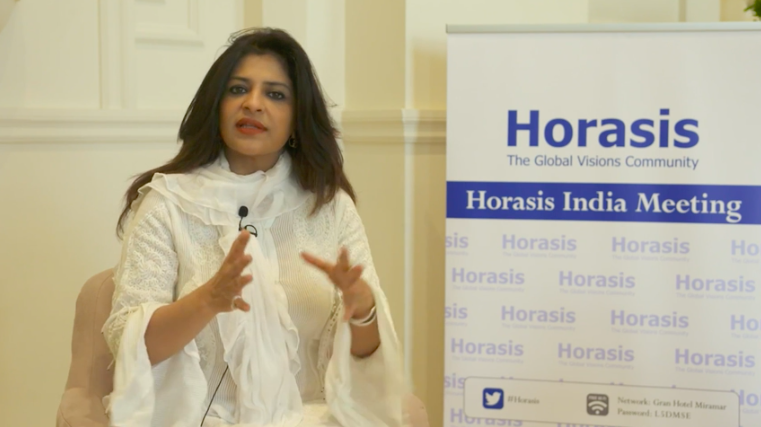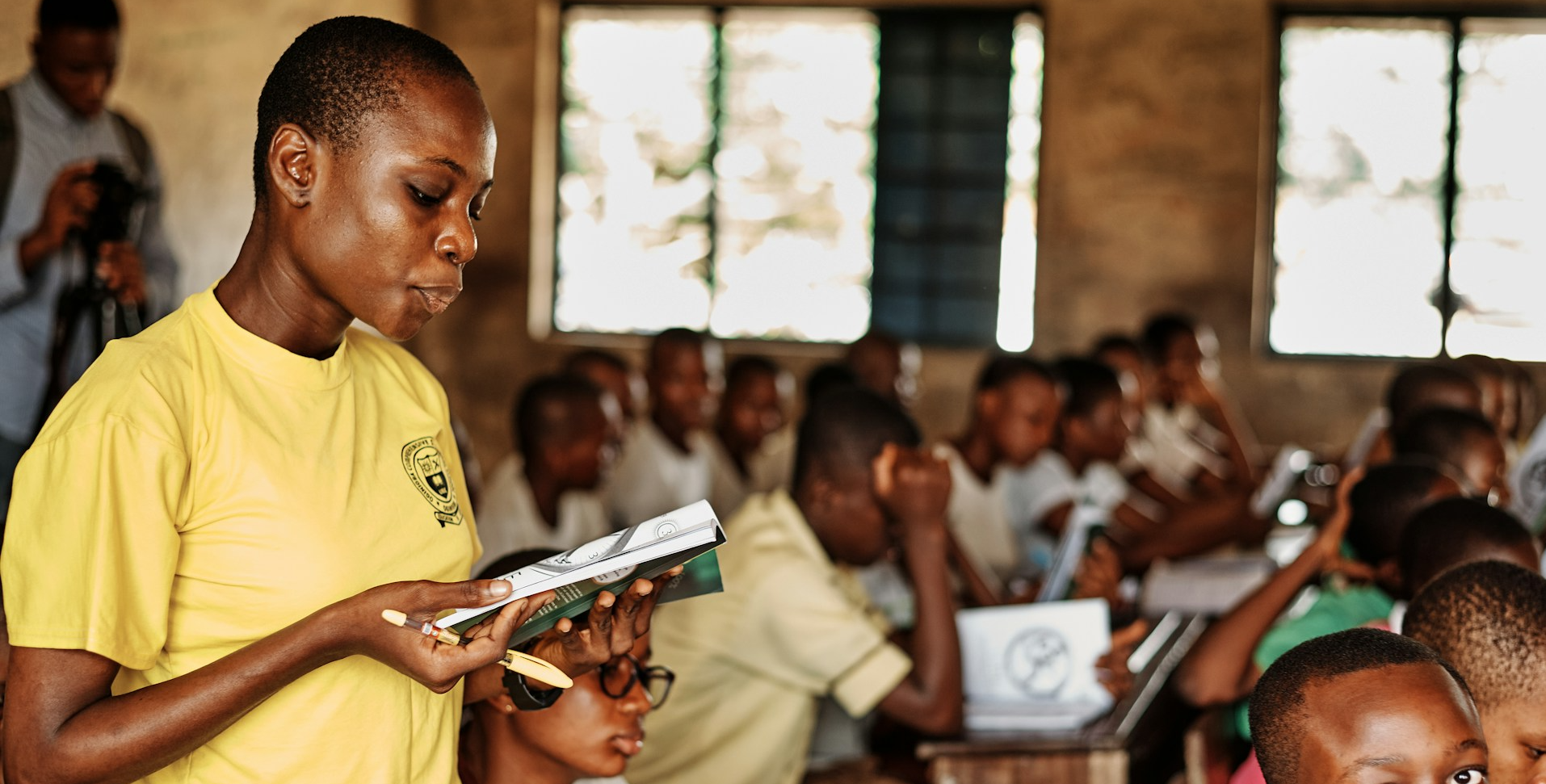Empathy Exists Where We Least Expect It: Lessons from the Dragon Boat Festival and Beyond
Empathy, the ability to understand and share the feelings of another, is a profound and transformative force that can bridge divides and foster compassion among individuals and civilizations. Often, empathy manifests in the most unexpected places, revealing its power to connect us even when differences seem insurmountable. Such is the case with the celebrated Dragon Boat Festival, an ancient Chinese tradition, and the stories of empathy from Indian history. Together, they offer valuable insights into the potential of empathy to bring people together for larger causes and shape the course of human events.
The Dragon Boat Festival, also known as Duanwu Festival, holds a significant place in Chinese culture, commemorating the life and death of the poet and statesman Qu Yuan. Qu Yuan’s story resonates deeply with people, as his unwavering loyalty and patriotism continue to inspire generations. However, it is a lesser-known aspect of this festival that highlights the extraordinary depths of empathy.
According to legend, upon hearing of Qu Yuan’s tragic demise—when he chose to drown himself in the Miluo River—the local villagers were overcome with grief. They feared that his body would be consumed by the river’s inhabitants, including the fish. In an act of empathy that transcended species boundaries, the villagers collectively decided to throw rice dumplings, known as zongzi, into the water. Their aim was to distract the fish and prevent them from devouring Qu Yuan’s remains.
This seemingly simple gesture of throwing zongzi into the river held profound implications. It symbolised the villagers’ empathy for the poet, recognizing his suffering and honouring his legacy. But it also reflected a deep understanding of the interconnectedness of all living beings. At that moment, the villagers extended their compassion not only to Qu Yuan but also to the fish in the river. This act of empathy exemplified the universal nature of empathy, transcending cultural and species boundaries.
The lessons of empathy from the Dragon Boat Festival resonate not only within the confines of Chinese tradition but also in the wider context of human history and civilizations. In India, a country rich in diverse cultures and traditions, we find countless examples of empathy shaping the course of history and uniting people despite their differences.
Take, for instance, the life and teachings of Mahatma Gandhi, the father of the Indian independence movement. Gandhi’s philosophy of nonviolence, known as Ahimsa, was rooted in empathy and compassion for all beings. He advocated for the rights of the marginalized, fought against injustice, and sought to bridge divides between different religious and ethnic groups. Gandhi’s empathetic approach inspired millions, proving that empathy can be a catalyst for social transformation and peaceful coexistence.
In the realm of literature, the works of Rabindranath Tagore, a renowned Indian poet, writer, and philosopher, embody a profound sense of empathy. Tagore’s poems and stories explore the depths of human emotions and offer glimpses into the universal experiences that bind us all. Through his literary creations, Tagore urged readers to empathize with characters from different walks of life, transcending societal boundaries and fostering a sense of shared humanity.
Empathy, therefore, is not limited to a single culture or tradition. It is a fundamental aspect of our shared human experience, capable of uniting civilizations and fostering understanding. By embracing empathy, we can build bridges of compassion and empathy, not only within our own cultures but also across cultural and geographical boundaries.
In a world often marked by division, empathy has the power to bring people together for larger causes. By recognizing and empathizing with the pain and struggles of others, we can bridge gaps, dispel stereotypes, and work towards peace and harmony between civilizations.
The stories of empathy from the Dragon Boat Festival and Indian history remind us that empathy exists where we least expect it and that its potential for transformation extends far beyond individual interactions. They offer valuable lessons that can guide us towards a more empathetic and compassionate future.
When we witness acts of empathy in the most unexpected places, it challenges our preconceived notions and encourages us to look beyond our own perspectives. It reminds us that empathy is not limited to familiar settings or people who are similar to us. Instead, empathy has the power to transcend boundaries—cultural, geographical, and historical—to unite us in our shared experiences of joy, pain, and longing.
Empathy teaches us to recognize the inherent worth and dignity of every individual, regardless of their background or beliefs. It encourages us to listen, understand, and validate the experiences of others, even when they differ from our own. By cultivating empathy, we create spaces for connection, dialogue, and growth.
In a world where divisiveness and polarisation often dominate the narrative, empathy becomes an essential tool for healing and reconciliation. It helps us bridge the gaps that divide us and find common ground even in the face of deep-rooted conflicts and differences.
Empathy has the power to reshape the trajectory of civilizations. By fostering empathy, we can build bridges of understanding and collaboration, paving the way for a more harmonious and inclusive world. It requires us to step outside our comfort zones, challenge our biases, and embrace the perspectives of others. As we reflect on the lessons of empathy from the Dragon Boat Festival and Indian history, let us strive to cultivate empathy in our own lives and interactions. By embracing empathy, we can transcend differences, promote understanding, and forge connections that foster a more inclusive and compassionate world.
In conclusion, the Dragon Boat Festival and the stories of empathy from Indian history offer profound insights into the power of empathy to bridge divides and bring people together. They remind us that empathy exists where we least expect it and that its potential for transformation extends far beyond individual interactions. By nurturing empathy, we can foster a global community characterised by peace, understanding, and the celebration of our shared humanity. It is through empathy that we can shape a future where compassion and understanding prevail over conflict and division.
Article by Amandeep Midha, Nerd9, India




